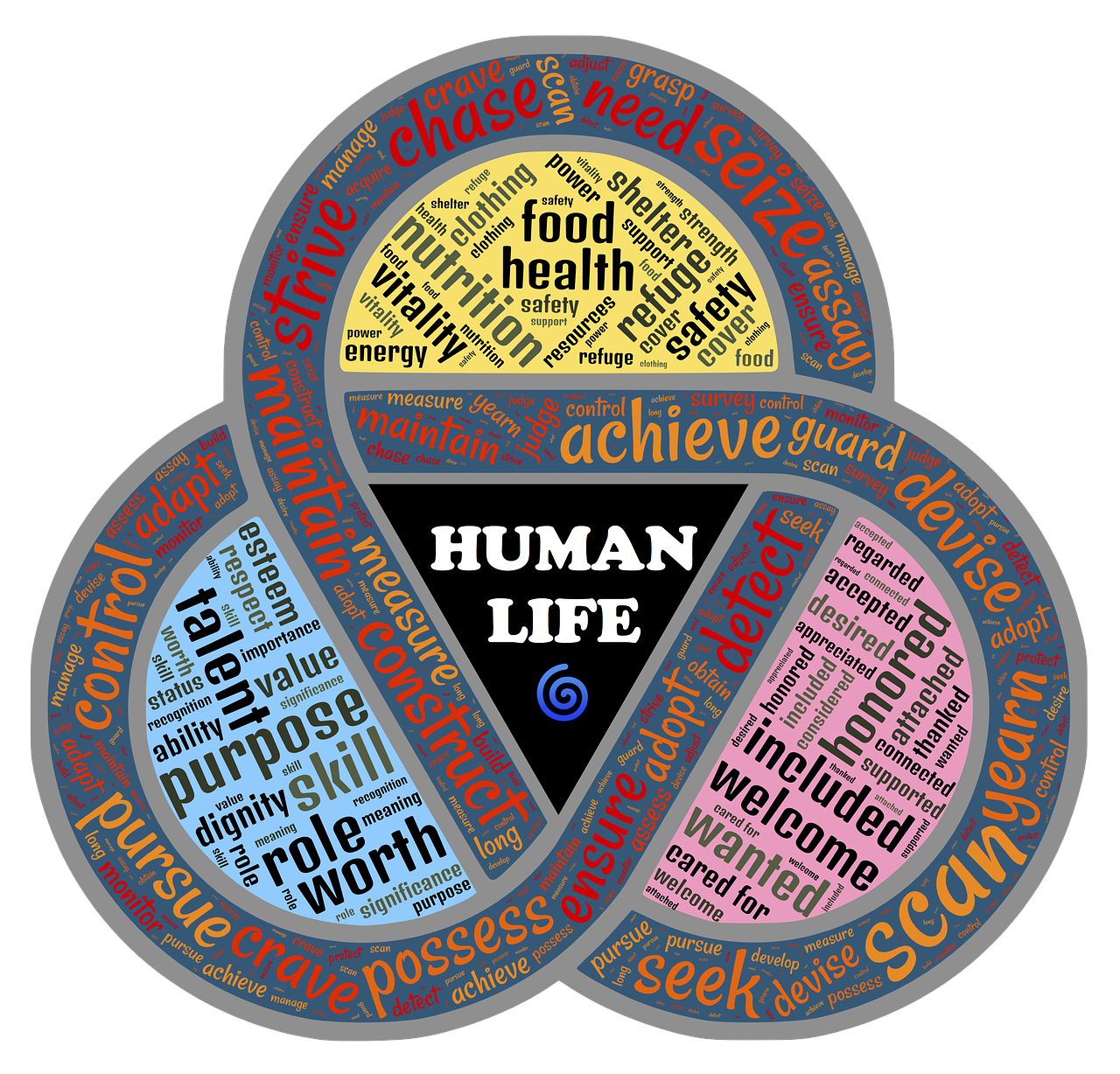In an era marked by unprecedented change and technological breakthroughs, the business world is undergoing transformations at a pace unseen before. The ability to adapt — to pivot strategies, adopt new technologies, and respond to shifting market demands — has emerged as the cornerstone of sustainable success. From giants like Apple and Amazon redefining retail and tech landscapes, to companies like Netflix and Tesla leading innovation waves, adaptability distinguishes those businesses and professionals who thrive from those left behind. In 2025, the landscape is shaped not just by innovation but by how swiftly organizations and individuals respond to it, making adaptability the most prized skill in business today.
Understanding Adaptability: The Crucial Business Skill for a Dynamic Work Environment
Adaptability in the modern workplace goes beyond mere flexibility. It is a multifaceted capability that encompasses the willingness to embrace change, engage in continuous learning, and perform effectively despite ambiguity or setbacks. It signifies a mindset that welcomes novel challenges and seeks solutions within turbulent contexts. For instance, companies like Microsoft and Google thrive by continually updating their services and business models to keep up with technological advancements and consumer expectations.
At its core, adaptability allows employees and leaders alike to pivot from traditional roles and methods to innovative approaches that meet contemporary needs. In practical terms, this might be a marketing professional learning advanced data analytics to optimize digital campaigns, or a manager at Zoom devising hybrid work strategies amid evolving remote work trends. Such ability is highly sought after because it maintains operational momentum in uncertain situations and creates avenues for growth through innovation.
- Active Learning: Continuously acquiring new skills to stay ahead.
- Resilience: Maintaining performance despite setbacks.
- Flexibility: Willingness to embrace different roles or tasks.
- Problem-Solving: Innovatively addressing unforeseen challenges.
| Aspect of Adaptability | Business Benefit | Example |
|---|---|---|
| Active Learning | Maintains competitive skill sets | Google engineers upgrading AI competencies |
| Resilience | Sustains operations through downturns | Shopify pivoting during supply chain disruptions |
| Flexibility | Supports cross-functional teamwork | Slack team members embracing diverse project roles |
| Problem-Solving | Speeds up innovation cycles | Tesla overcoming manufacturing challenges |
Overall, adaptability equips businesses to stay relevant and competitive in ever-shifting markets, highlighting why it remains a non-negotiable trait in 2025.

How Technological Advancement Drives the Need for Adaptability in Business
The fast evolution of technology continues to reshape industries at a breakneck speed. Automation, artificial intelligence, machine learning, and big data analytics now underpin decision-making and operational processes across sectors. Companies such as Amazon and Apple illustrate this through their constant integration of cutting-edge technologies to improve customer experience and operational efficiency.
The rapid diffusion of these innovations means businesses must adapt constantly or risk obsolescence. Job roles that were indispensable just a few years ago have become automated, while new roles requiring digital literacy or AI management have sprung up. Professionals in today’s landscape must, therefore, embrace lifelong learning to stay employable. For businesses, agility in adopting new tools and fostering a culture open to change creates resilience.
- Continuous Tech Adoption: Incorporating emerging tools to optimize processes.
- Workforce Upskilling: Training employees to handle new technologies.
- Agile Methodologies: Implementing flexible project management to respond rapidly.
- Innovation Culture: Encouraging experimentation to explore advanced solutions.
Take Netflix as a case study — as streaming technologies evolved, the company pivoted from DVD rentals to becoming a global streaming giant, leveraging data analytics and cloud technologies to personalize content delivery. Similarly, Airbnb adapted quickly during the pandemic by enhancing its long-term rental options and virtual experiences market, ensuring continued relevance despite drastic travel restrictions.
| Technology Trend | Business Impact | Adaptability Strategy |
|---|---|---|
| Artificial Intelligence | Automates routine tasks | Employee reskilling, AI integration teams |
| Cloud Computing | Enhances data accessibility | Migration to cloud platforms, remote work facilitation |
| Data Analytics | Drives informed decision-making | Investing in analytical tools, staff training |
| Automation | Boosts operational efficiency | Process redesign, multi-skill workforce development |
For managers and entrepreneurs aiming to maintain momentum, mastering adaptability through continuous learning is imperative. Those interested in deepening this skill can explore strategies such as embracing discomfort in entrepreneurship or pivoting business strategies effectively, elaborated in resources like pivot business strategy guidance.
Leadership and Organizational Culture: Building Adaptability from the Top Down
Leadership fundamentally shapes how adaptability manifests within an organization. When leaders embody an adaptable mindset, they set a powerful example and create environments conducive to innovation and resilience. Companies like Microsoft and Tesla credit strong leadership commitment to adaptive change as a key factor in their ability to disrupt markets and stay ahead of competitors.
Leaders who encourage open communication, empower employees to take risks, and provide supportive feedback nurture a workplace culture that embraces change instead of fearing it. This becomes particularly important during turbulent periods marked by sudden economic shifts or evolving consumer behavior.
- Growth Mindset Advocacy: Encouraging learning and experimentation.
- Transparent Communication: Building trust through openness about change.
- Empowerment: Supporting employees in decision-making and innovation.
- Recognition & Feedback: Celebrating efforts and refining through constructive insights.
Consider how Zoom adapted its platform and work culture during the height of the remote work boom. Strong leadership encouraged rapid iteration and solicited feedback regularly to keep the company aligned with user needs and employee well-being. Similarly, Amazon’s leadership invests heavily in cross-functional teams and agile practices to reduce bureaucracy and foster faster responses to market trends.
Data also suggests that businesses with leaders who prioritize adaptability enjoy higher employee engagement and lower turnover rates. The following table summarizes key leadership behaviors that cultivate adaptability:
| Leadership Behavior | Impact on Adaptability | Company Example |
|---|---|---|
| Growth Mindset Promotion | Encourages innovation and risk-taking | Microsoft’s learning-focused culture |
| Open Communication | Builds trust and transparency | Zoom’s employee feedback channels |
| Employee Empowerment | Facilitates proactive problem-solving | Amazon’s decentralized decision-making |
| Continuous Feedback | Enables ongoing improvement | Tesla’s iterative innovation process |
Leaders looking to hone their adaptability skills can explore topics like the role emotional intelligence plays in entrepreneurship, as discussed in specialized business resources.
Strategies for Individuals to Build Adaptability and Career Resilience
In a job market characterized by shifting roles and emerging industries, individuals must take proactive steps to cultivate adaptability. Unlike traditional career paths, today’s professionals often transition across different sectors, roles, or project types — a trend intensified by digital transformation and economic volatility.
Building adaptability involves a combination of mindset practices, skill development, and openness to feedback.
- Engage in Continuous Learning: Pursue courses, attend workshops, and stay informed about industry trends.
- Embrace Challenges: View complex problems as growth opportunities instead of obstacles.
- Seek Feedback: Use constructive criticism to refine approaches and improve performance.
- Expand Role Flexibility: Volunteer for diverse projects to broaden skill sets.
- Develop Emotional Intelligence: Manage stress and maintain positivity amid uncertainty.
For example, a retail professional shifting to e-commerce must embrace new digital tools and customer engagement strategies as experienced in companies like Shopify. Likewise, educators integrating online learning platforms may model adaptability by enhancing virtual classroom interactions in response to growing demand.

Taking initiative in adaptability not only helps individuals remain employable but also positions them to capitalize on emerging opportunities. Daily habits of high-performing entrepreneurs, such as resilience and focused learning, are further illustrated at expert-led articles.
Quiz: Why Is Adaptability the Most Valuable Business Skill Today?
Adaptability as the Cornerstone of Business Innovation and Economic Resilience
The capacity to adapt does not merely support survival — it drives innovation and competitive advantage. Businesses that embed adaptability within their core values are better equipped to anticipate market trends and respond creatively. This dynamic is evident when examining the rapid rise of fintech innovations powered by companies like Google and Apple, who adjust their offerings in line with consumer demand shifts.
Economic challenges further spotlight adaptability’s importance. Organizations that demonstrate flexibility by diversifying revenue streams or optimizing operations weather downturns more successfully. For instance, during financial uncertainty, adaptable companies explore cost-effective digital strategies or new markets—practices reinforced by case studies and expert insights at remote work business changes resources.
- Innovation Acceleration: Supporting initiatives that foster creative problem-solving.
- Market Responsiveness: Quickly adjusting to consumer behavior trends.
- Operational Flexibility: Reorganizing processes to optimize costs and quality.
- Economic Resilience: Diversifying products and services to mitigate risks.
As competition intensifies, adaptability is increasingly a vital component of strategic planning, ensuring businesses not only survive but thrive in volatile conditions.

Why does adaptability give a competitive edge in the business landscape?
Adaptability allows businesses to anticipate and respond to market shifts faster than competitors, leading to a first-mover advantage and enhanced customer satisfaction. This readiness to change optimizes resource allocation and drives continuous innovation, which is critical in dynamic industries such as tech and retail.
How can organizations foster adaptability among their workforce?
Organizations can promote a growth mindset, invest in ongoing learning and development, and encourage cross-functional collaboration. Implementing agile workflows and open communication channels also creates a culture where adaptability flourishes.
What role does emotional intelligence play in enhancing adaptability?
Emotional intelligence helps individuals manage stress, maintain optimism, and navigate interpersonal dynamics during times of change, thus improving their ability to adapt effectively and contribute positively in evolving work environments.
Can adaptability be learned, or is it an innate trait?
Adaptability is a skill that can be cultivated through practice, reflection, and deliberate exposure to new experiences. While some may naturally gravitate toward change, most can strengthen adaptability through continuous learning and mindset shifts.
How do industry leaders apply adaptability to maintain market leadership?
Industry leaders continuously scan the horizon for emerging trends, invest in innovation, and adjust strategies based on data-driven insights. Companies like Tesla and Amazon exemplify such adaptability by rapidly evolving their product lines and operational models in response to environmental and technological changes.


